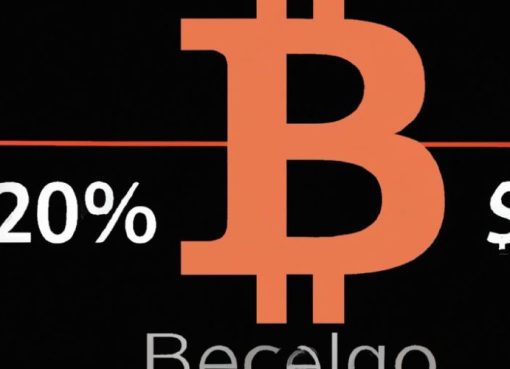In a groundbreaking move that promises to reshape the landscape of digital finance, the U.S. Treasury has announced the implementation of new regulatory standards for cryptocurrencies. This development, which surfaced early this morning, introduces comprehensive measures aimed at enhancing transparency and security in the rapidly evolving cryptocurrency market.
As of the latest reports, the Treasury’s updated regulatory framework will enforce stricter compliance requirements for cryptocurrency exchanges and wallet providers, mandating rigorous identity verification and anti-money laundering (AML) protocols. The initiative is designed to curb the illicit use of digital currencies, such as money laundering and financing terrorism, while also protecting legitimate investors and users in the cryptocurrency ecosystem.
Under the new regulations, all cryptocurrency exchanges operating in the United States will be required to register with the Financial Crimes Enforcement Network (FinCEN) and adhere to the Bank Secrecy Act. This alignment with traditional financial institutions is seen as a pivotal step towards mainstream acceptance of cryptocurrencies. Additionally, these exchanges must demonstrate robust systems and processes to monitor and report suspicious activities to the authorities.
Cryptocurrency wallet providers are also not left out in this sweeping reform. For the first time, wallet providers are obliged to implement know-your-customer (KYC) procedures that are on par with those employed by banks. This means that users will need to provide personal identification information when creating or maintaining a wallet. This move is anticipated to significantly reduce the anonymity associated with digital currency transactions, which has been a major concern for regulatory bodies worldwide.
The Treasury’s decision comes in the wake of several high-profile cryptocurrency scandals and frauds, highlighting the urgent need for stricter regulatory oversight. Just last month, a major cryptocurrency platform was implicated in a multi-million dollar scam, underscoring the potential risks that shadow the innovative market. These incidents have prompted calls from across the financial sector for governments to step in and take a more active role in regulating this burgeoning industry.
Financial experts believe that these new measures will bring much-needed stability and credibility to the cryptocurrency market. By aligning crypto operations more closely with the regulatory framework governing traditional financial systems, the U.S. government aims to foster a safer trading environment and greater consumer confidence in digital currencies.
However, the announcement has also sparked a debate among cryptocurrency enthusiasts and advocates of digital privacy. Some argue that the stringent regulations may stifle innovation and infringe on privacy, as increased surveillance could deter the decentralized ethos of cryptocurrencies. Others counter that the benefits of protecting investors from fraud and the financial system from abuse outweigh these concerns.
The cryptocurrency market responded to the news with mixed signals. While some investors were buoyed by the prospect of more secure and regulated operations, others were cautious, fearing potential restrictions on their trading activities. The price of major cryptocurrencies saw fluctuating patterns, underscoring the market’s uncertainty about the impact of these new regulations.
Looking ahead, the U.S. Treasury has planned a series of public consultations to gather feedback from various stakeholders in the cryptocurrency industry. This collaborative approach aims to fine-tune the regulations before they fully come into effect. Additionally, international cooperation is also on the agenda, as the U.S. seeks to align its regulatory measures with global standards to tackle the international nature of cryptocurrency transactions.
In conclusion, today’s announcement by the U.S. Treasury marks a significant milestone in the ongoing effort to integrate cryptocurrencies within the formal economic system. While the full impact of the new regulations will unfold over time, this decisive action indicates a clear commitment by the U.S. government to provide a stable foundation for the future of digital finance, balancing innovation with accountability.
As the situation evolves, all eyes will be on the responses from the cryptocurrency communities and traditional financial sectors alike, setting the stage for an interesting journey ahead in the complex world of digital currencies.




